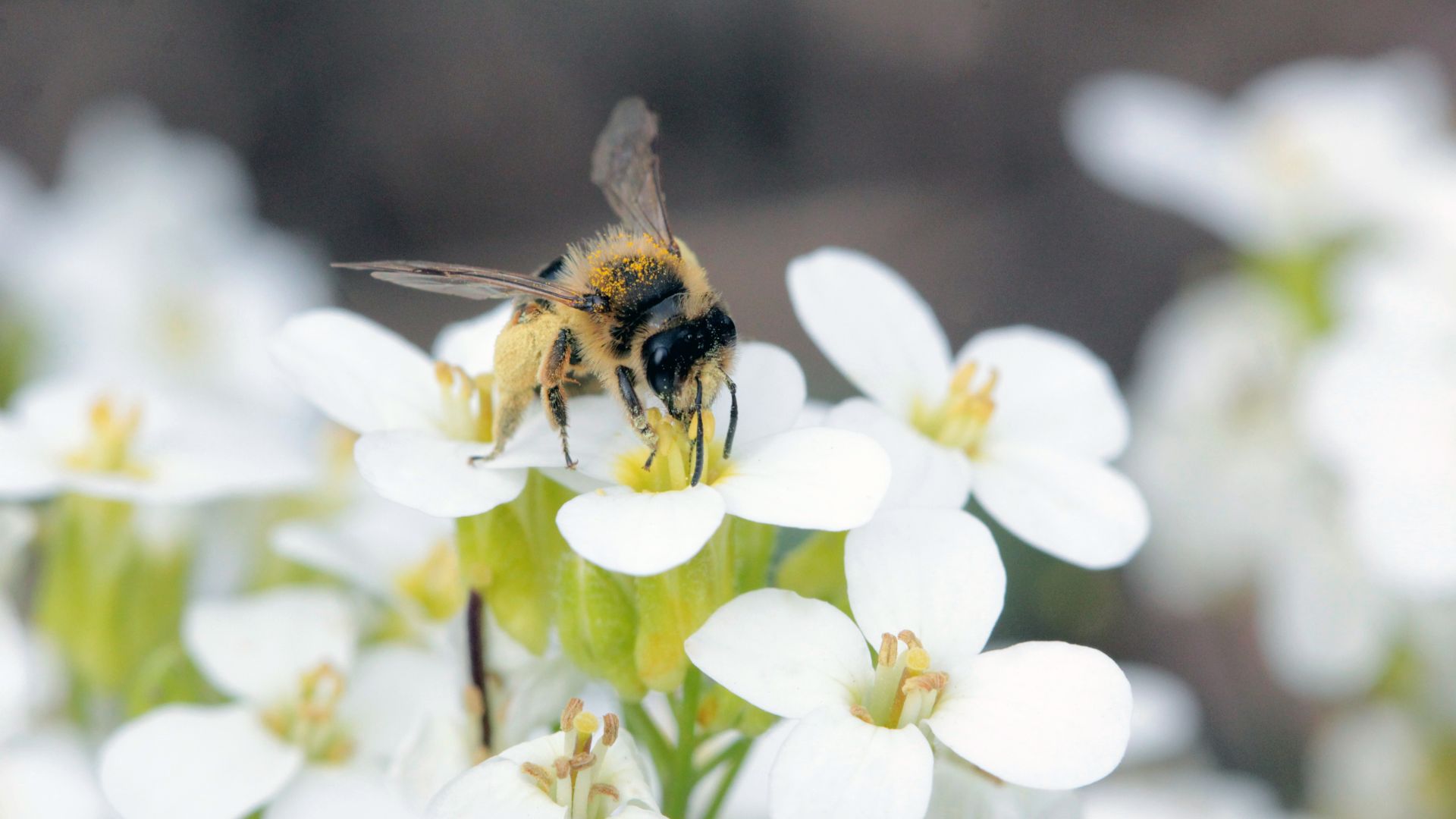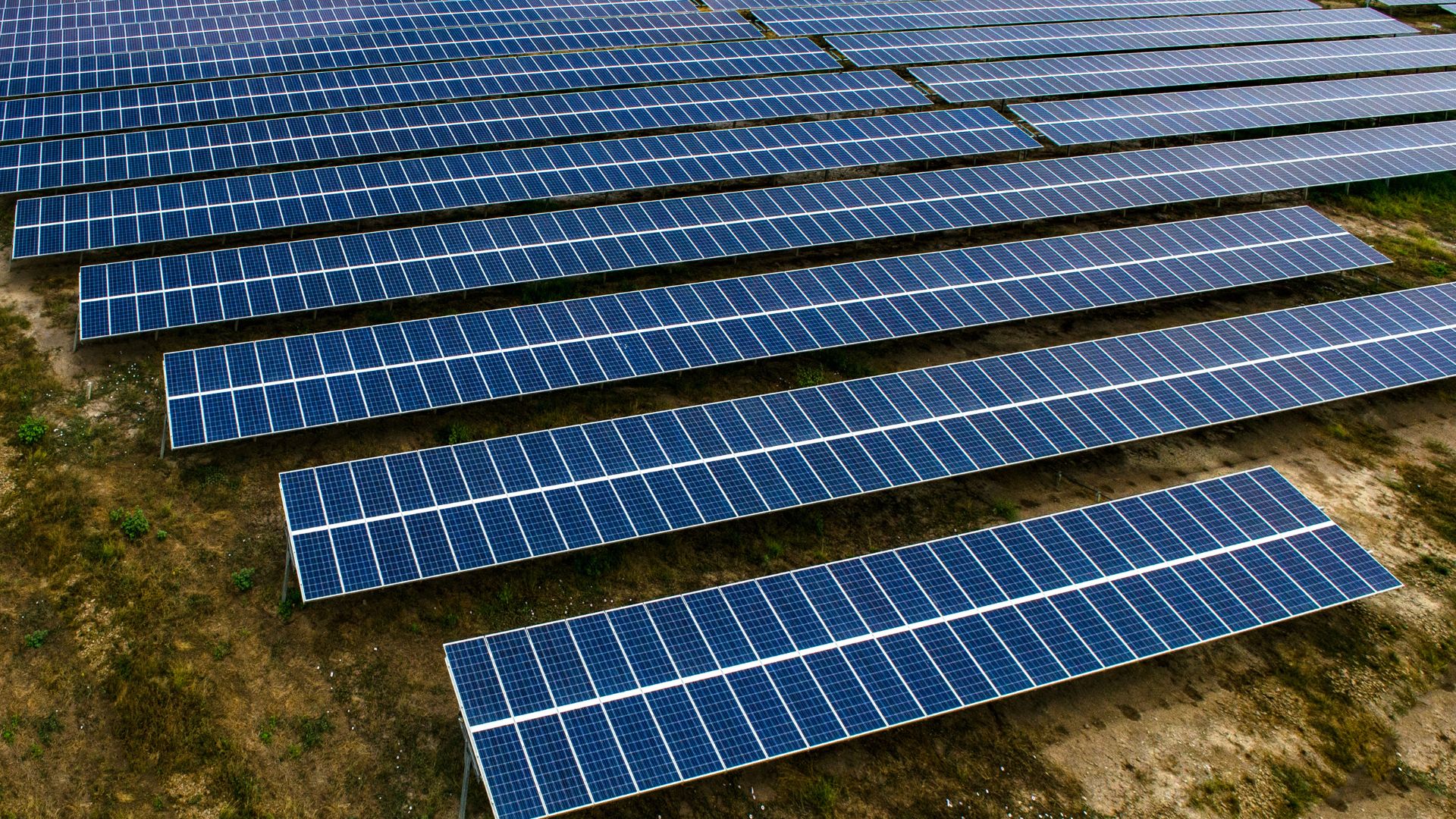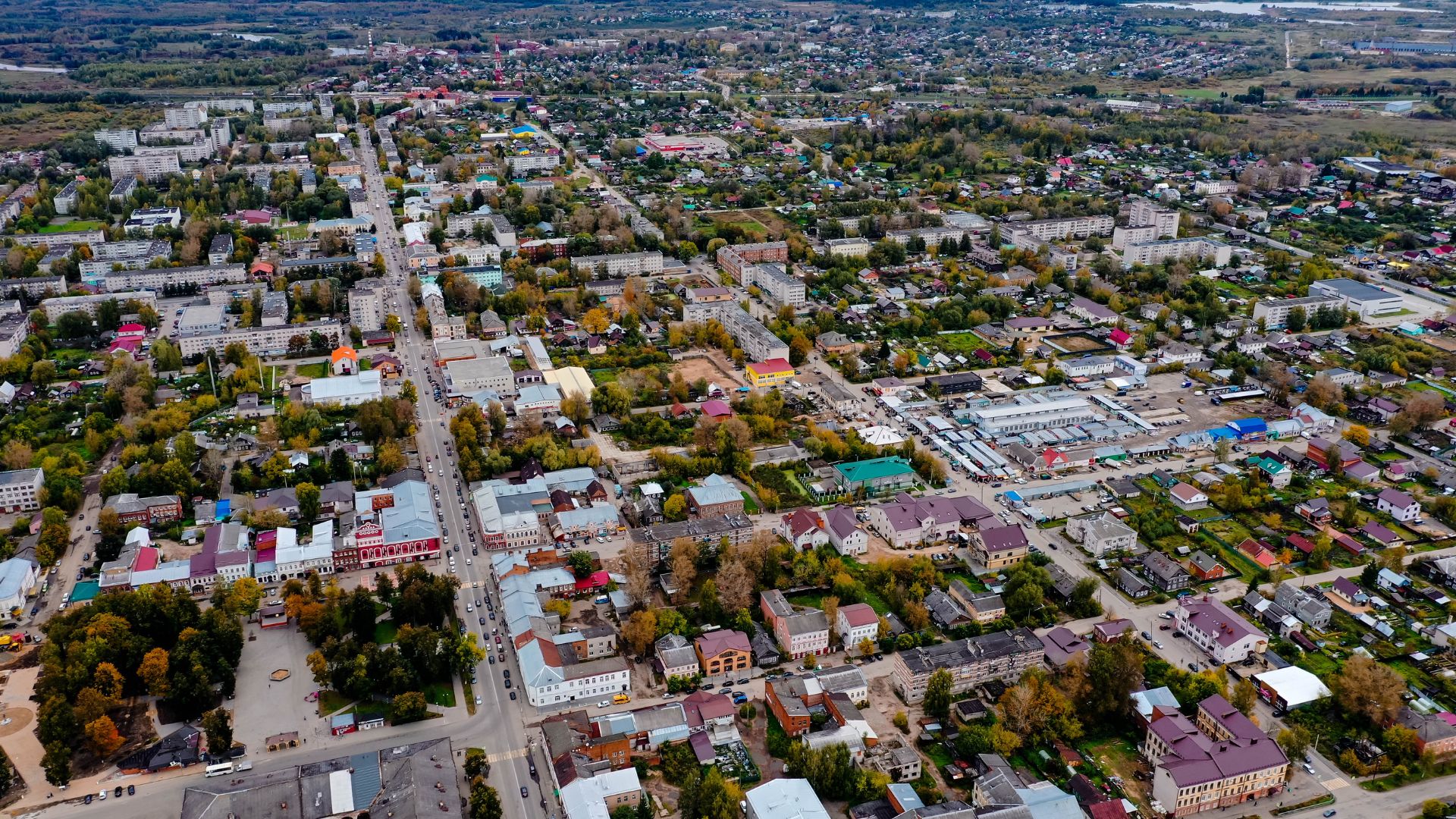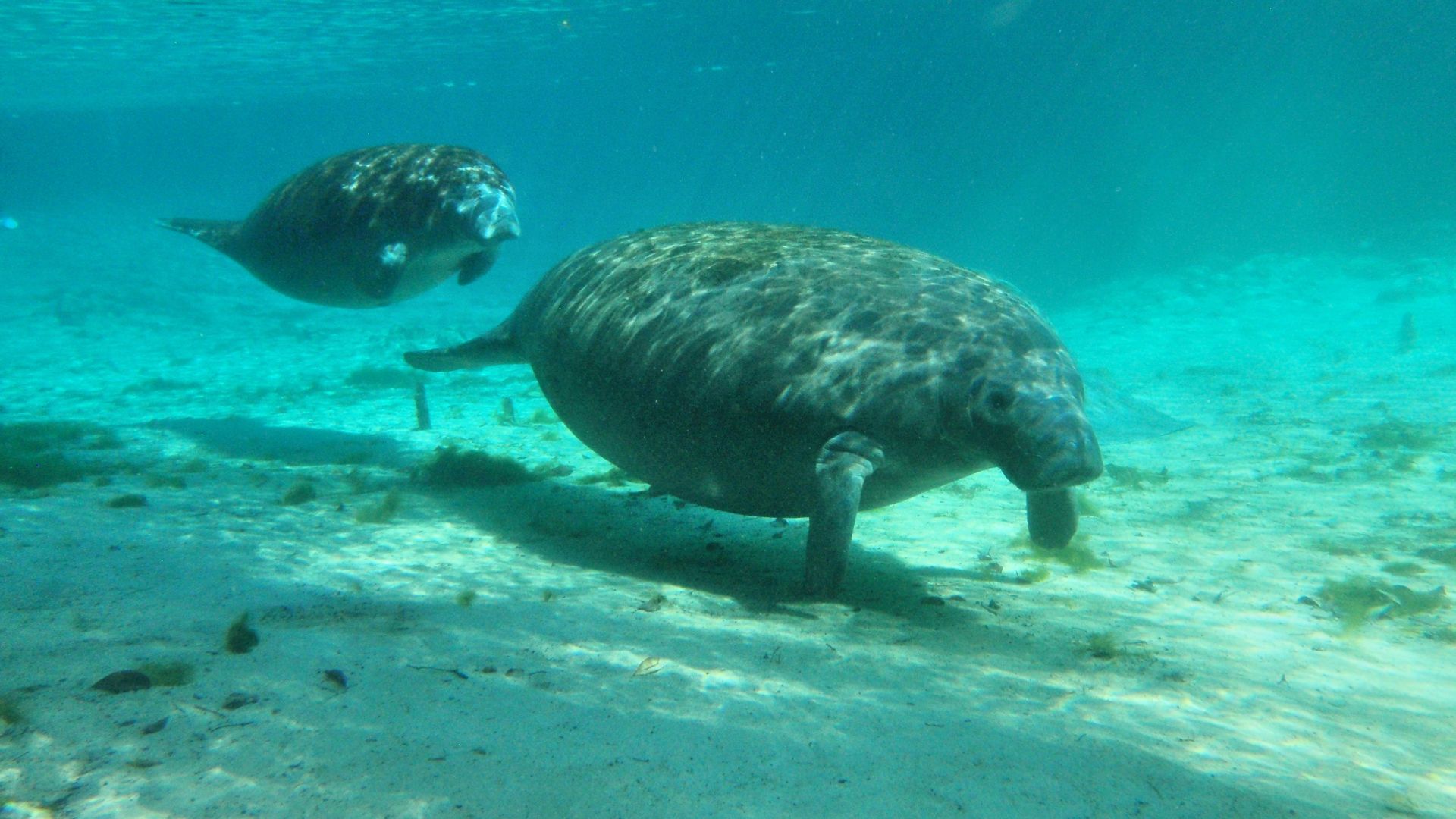This week’s good climate news
With so much still to do to slow warming and avoid the worst impacts of climate change, it’s important to fortify ourselves by celebrating wins along the way.

Bee vaccine not administered by world's tiniest injections
The Department of Agriculture approved the first vaccine for insects in the United States. The prophylactic vaccine will protect honeybees from viruses, like the rampant American foulbrood. As pollinators, bees play a crucial role in producing food supply across the world.
The vaccine is incorporated into royal jelly, the food source for bees. So no, it’s not tiny needles wielded by the steadiest hands a doctor has ever had.

New solar panel plant coming to Georgia
Hanwha Qcells, a Korean solar company, announced plans to build a solar panel manufacturing plant in Georgia. The $2.5 billion complex will build complete solar panels and produce key components, while creating 2,500 good-paying jobs in clean energy.
Both Democratic and Republican state leaders in Georgia have been aggressively courting renewable energy manufacturing in their state.

EPA awarding $100 million for environmental justice
The Environmental Protection Agency will award $100 million in competitive grants to projects that advance environmental justice. The funding will address environmental justice issues in historically underserved communities.
“Since day one, President Biden pledged to prioritize environmental justice and equity for all, and EPA is at the heart of delivering on that mission,” EPA Administrator Michael Regan said.

Effort to decarbonize transportation sector launched
The Biden administration released a landmark blueprint to decarbonize the transportation sector. Transportation is one of the largest sources of global climate pollution and this plan will eliminate emissions from the sector by 2050.
“The domestic transportation sector presents an enormous opportunity to drastically reduce emissions,” Secretary of Energy Jennifer Granholm said.

Florida manatees see boon in feeding project
Florida wildlife officials fed manatees for the second year in a row to mitigate starvation and water pollution impacts. Statistics point to a decline in last year’s manatee deaths compared to 2021, proving the feeding program is having an impact.
While manatees are vulnerable to a plethora of threats, the Fish and Wildlife Conservation Commission says the manatees are faring better this year.










